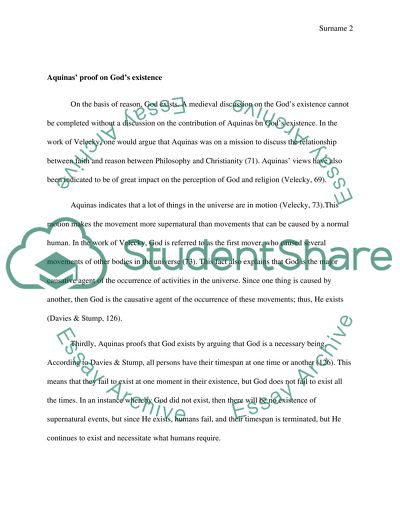Cite this document
(“Classical proofs of God's existence Essay Example | Topics and Well Written Essays - 2000 words”, n.d.)
Retrieved from https://studentshare.org/religion-and-theology/1462780-classical-proofs-of-god-s-existence
Retrieved from https://studentshare.org/religion-and-theology/1462780-classical-proofs-of-god-s-existence
(Classical Proofs of God'S Existence Essay Example | Topics and Well Written Essays - 2000 Words)
https://studentshare.org/religion-and-theology/1462780-classical-proofs-of-god-s-existence.
https://studentshare.org/religion-and-theology/1462780-classical-proofs-of-god-s-existence.
“Classical Proofs of God'S Existence Essay Example | Topics and Well Written Essays - 2000 Words”, n.d. https://studentshare.org/religion-and-theology/1462780-classical-proofs-of-god-s-existence.


